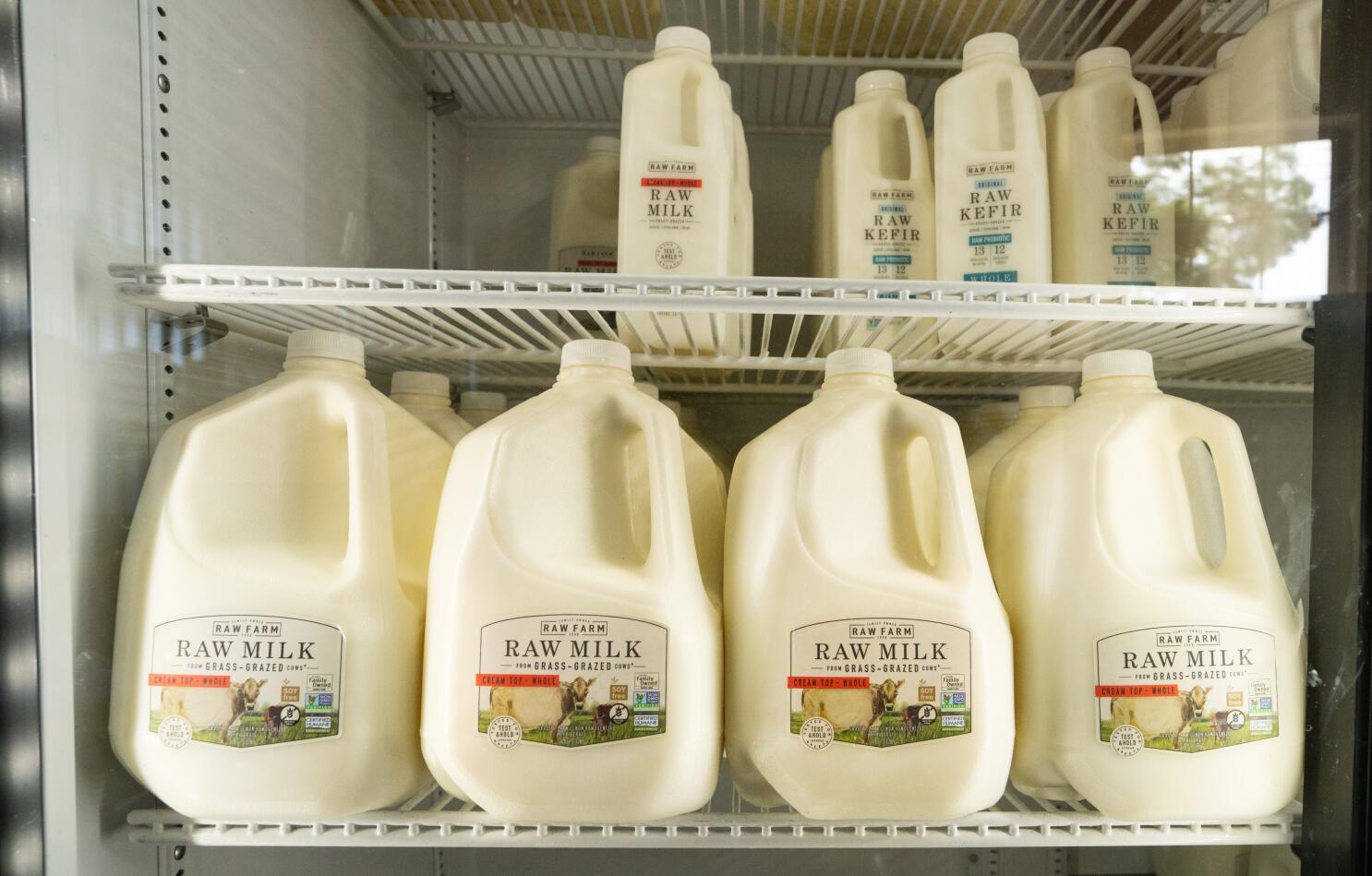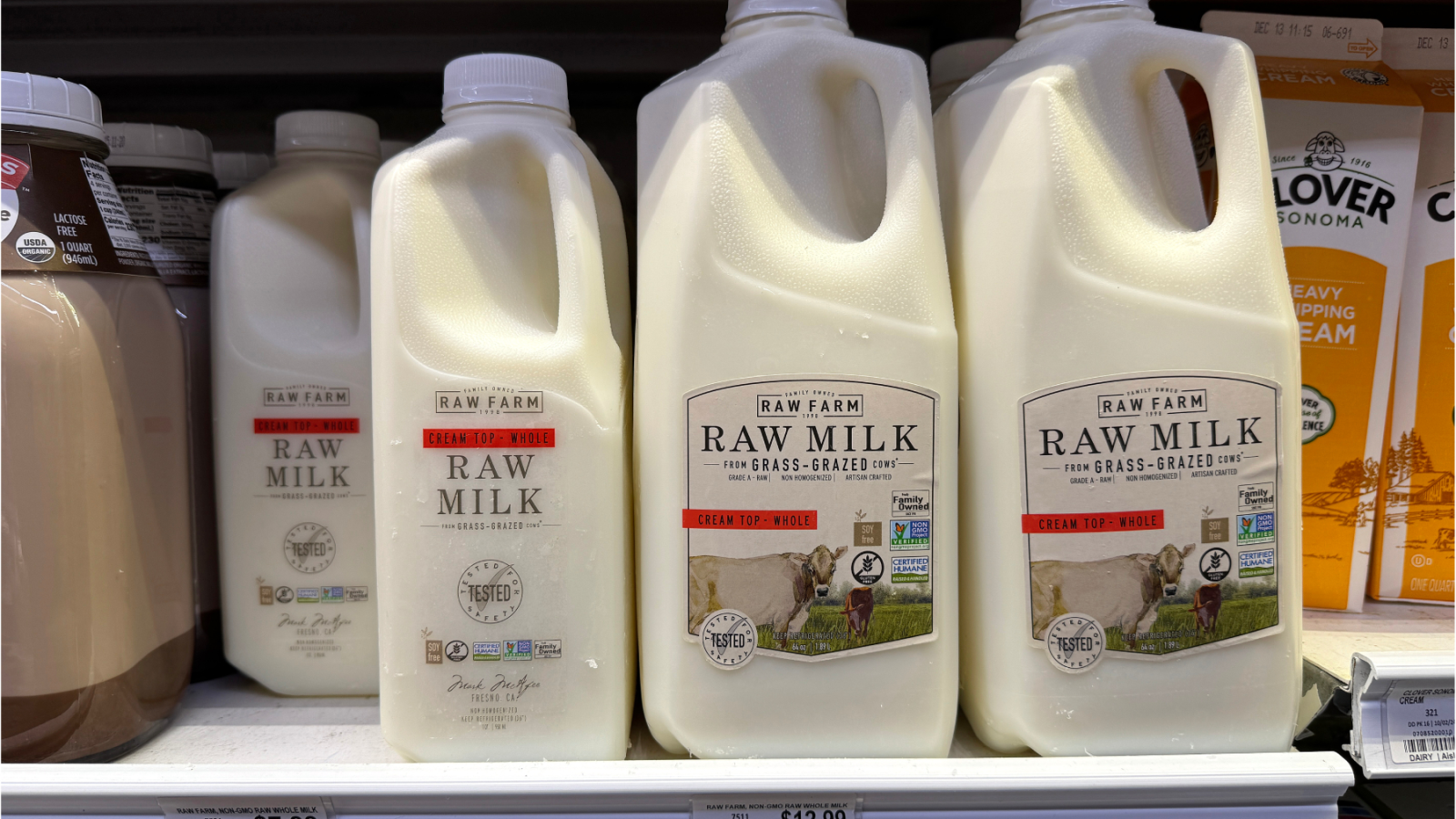California health officials have issued a warning about the potential dangers of consuming raw milk from Raw Farm, a Fresno-based company after it tested positive for the bird flu virus. This warning follows the detection of the virus in a batch of milk, and further testing of Raw Farm products is ongoing. The California Department of Public Health (CDPH) strongly advises consumers to avoid consuming any milk from the affected batch and to return any remaining product to the store.
The specific lot of concern is labeled with the code number 20241119, with a best-before date of December 7, 2024. This follows an earlier recall earlier this week for raw milk products with lot ID 20241109 and a best-by date of November 27, 2024. Despite these recalls, there have been no reported human cases of bird flu linked to the contaminated milk. The Santa Clara County Public Health Laboratory first identified the virus in Raw Farm’s raw milk after testing retail products. This finding came just one week after another batch of Raw Farm milk was flagged for the virus.

Raw milk, which is unpasteurized and not treated to kill harmful bacteria, has long been a public health concern due to the risk of pathogens such as listeria, salmonella, and E. coli. The current bird flu discovery adds to the existing risks associated with raw milk, prompting health officials to reiterate warnings about its consumption. Past outbreaks have been linked to severe health issues, including miscarriages, kidney failure, and even deaths. Health authorities continue to advise against drinking raw milk, noting that it has not been scientifically proven to offer health benefits and is illegal to sell across state lines in the U.S.
In response to the recent bird flu findings, Raw Farm issued a statement saying that all its products are rigorously tested for quality, and they have not found any issues in their own testing or in official tests conducted by the California Department of Food and Agriculture (CDFA). However, CDPH has collected additional samples of Raw Farm’s milk products from stores for further testing, with results still pending. The ongoing investigation into these potential contamination risks highlights concerns about the spread of bird flu in dairy cattle and poultry, particularly in light of a broader outbreak of the virus in the U.S. this year.
The bird flu virus has spread widely among poultry and cattle, but there is no evidence of human-to-human transmission. However, experts remain concerned that the virus could mutate to become more easily transmissible between humans. The Centers for Disease Control and Prevention (CDC) has reported 55 human cases of bird flu in 2024, including 29 in California. While the majority of cases have involved farm workers, the recent discovery of a case in a child in California has intensified concerns. Experts like Dr. David Kessler have called for bulk testing of milk in dairy-producing states to prevent further spread and contain the virus before it mutates into a more dangerous strain.
